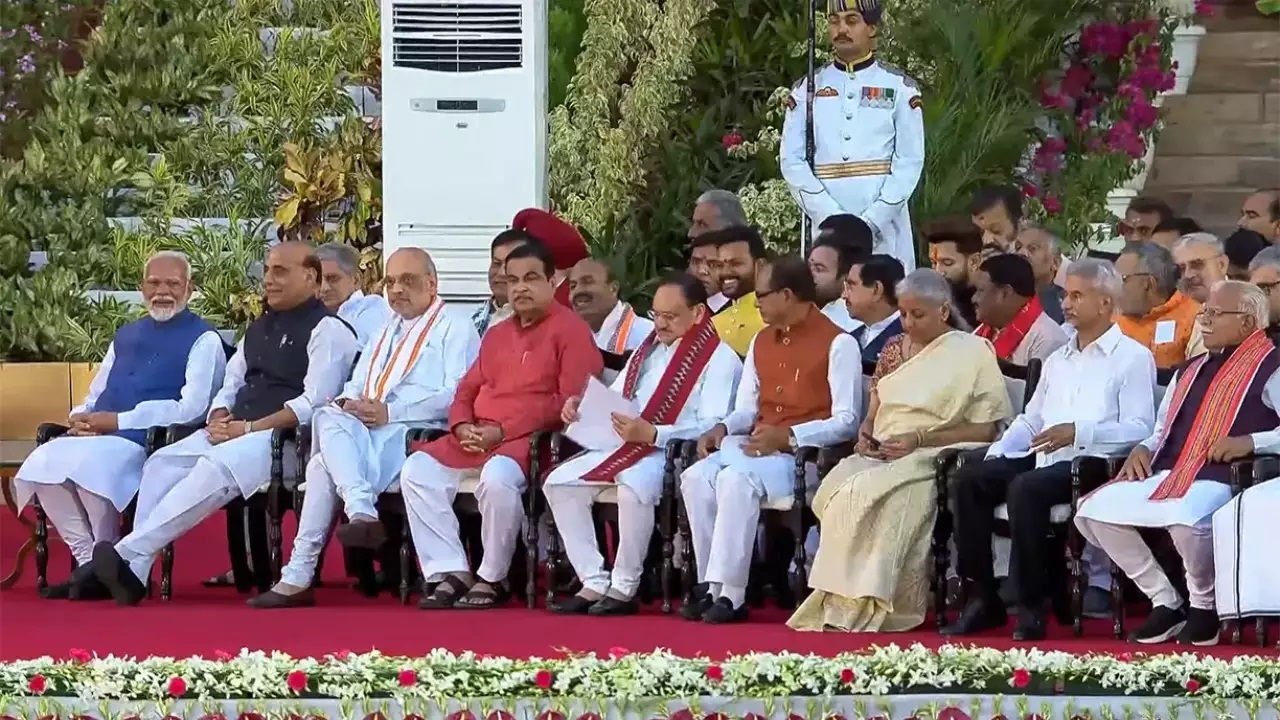
June 10, 2024
July budget to outline measures for labour-intensive growth and macroeconomic stability
Focus on startups, taxation adjustments, and GST rate rationalisation
Expansion of production-linked incentive schemes to boost job creation
Emphasis on new-age sectors and filling government vacancies

The Narendra Modi-led NDA government is set to build on India’s growth momentum with targeted policy interventions aimed at job creation and strengthening private investment. According to insiders, the plan will draw from the pre-election 100-day agenda and the five-year plans envisioning India as a developed nation by 2047. The comprehensive budget, expected in early July, will outline specific measures to promote labour-intensive growth and maintain macroeconomic stability.
Key initiatives include adjustments in startup policies, tax reforms such as correcting the inverted duty structure, and rationalising GST rates. Expansion of production-linked incentive (PLI) schemes to include sectors like leather, which are significant job creators, is also under consideration. The government’s capital expenditure push will continue to support private investment.
The government will also focus on new-age sectors like green energy, mobility, and technology to create employment for the youth, addressing a critical concern raised during the elections. Following the recent initiative to employ 1 million people, plans to fill government vacancies quickly are expected to be announced.
Additionally, a major initiative to improve the ease of doing business is anticipated, particularly in areas affecting the general public. India’s GDP growth of 8.2% in FY24, bolstered by a 7.8% expansion in the March quarter, reflects the ongoing economic momentum. The interim budget provided a blueprint, and the new government aims to build on this foundation, focusing on macroeconomic stability.
Geopolitical risks and their impact on the domestic economy are also on the agenda. Due in the September quarter, the Union budget will indicate policy priorities and responses to these challenges. While significant tax changes are unlikely in the immediate future, the government is considering tweaks to make the tax regime more user-friendly. Extensive stakeholder consultations have been held to enhance the ease of doing business, and some manifesto promises, such as the expansion of Ayushman Bharat, may be implemented soon.
Source: Economic Times